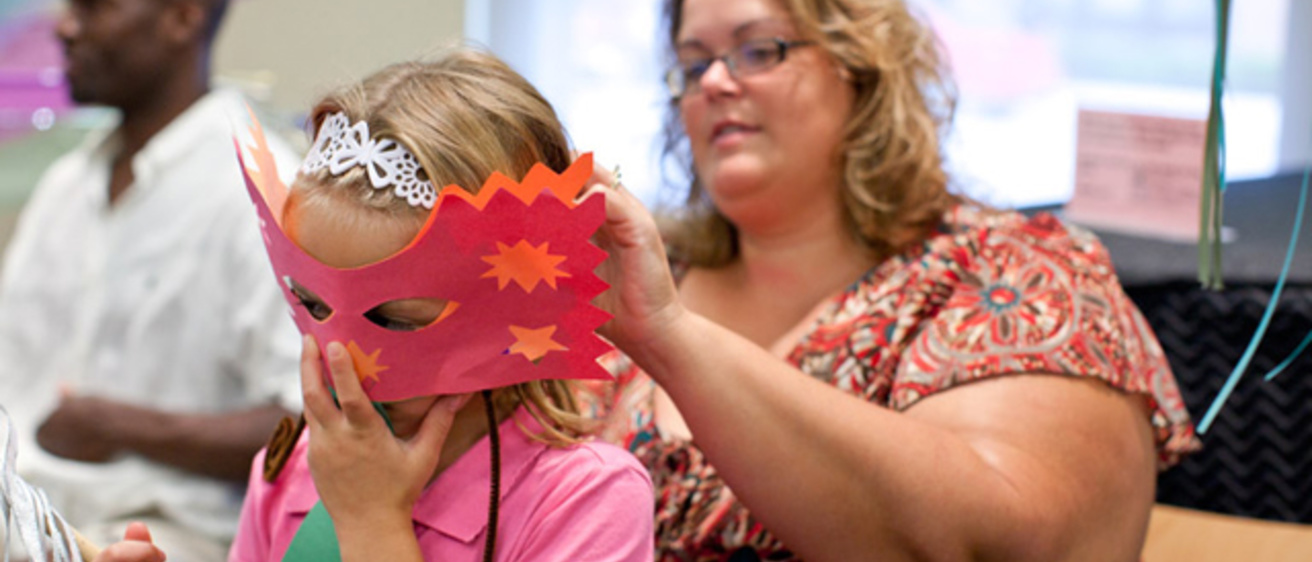Campus Voices is a place for faculty, staff and students to share ideas, views and information about issues that matter to them personally and professionally. The opinions expressed here do not necessarily represent those of the University of Iowa. View more Campus Voices here.
The nation’s public schools have now been in active combat against the so-called achievement gap for more than a decade. The results have been less than impressive. National scores in reading and math, at all tested grade levels, still testify to close to a standard deviation difference between the scores of children below poverty levels and those living above them.

This represents an astonishing difference of about two to three grade level equivalencies. One finds similar gaps in the achievement of some racial and ethnic groups. And as far as gender status goes, girls are well known to be significantly better readers than boys in elementary, intermediate, and secondary school levels.
What is not commonly understood, however, is that the school does not create the achievement gap; the school inherits it. We know this because we can point to a documented achievement gap in the early literacy skills of 3-year-olds. Researchers have found that school readiness skills—recognizing letters, counting to 20 or higher, writing one’s name, and reading or pretending to read a storybook—are all, across the board, lower among 3-year-old children living below the poverty line than those living above it.
The culprit here is tied to what one might call an opportunity-to-learn gap. Home-based literacy experiences, such as being read to, being told a story, being taught letters, words or numbers, and going to visit the library with a family member, are all less likely to occur with regularity in families living in poverty than in families with higher income levels.
Even the linguistic intensity of the home environment varies according to parent education and income levels. Researchers at the University of Kansas, for instance, found that professional class parents spoke, on the average, more than 2,000 words per hour to their very young children, while working class parents were at about 1,300 and welfare mothers at about 600 words per hour. Imagine multiplying these daily differences over the short preschool life span of a child.
The gap in the opportunity-to-learn is a problem that can be exacerbated by the summertime release of students. As most educators know firsthand, summertime poses an especially serious challenge for children from lower-income settings because their families typically do not have the means to fund experiences for their children that will yield pro-school dividends. Music camps, math camps, and writing camps, private music lessons or private tutoring all comport well with the normative mandate of the school, but they are not easily accessible to families without means.
When I’m asked what might be the best way to attack the achievement gap problem, my response almost always makes some reference to the opportunity-to-learn gap. If one could find a way to provide more equal opportunities to learn outside of school, one could take a good first step toward helping to equalize the central tendency measures of achievement across subgroups.
Summertime programs for at-risk kids probably help. But parents are really the remedy. There are ways for parents to think about structuring activities and events that are deliberately and consciously pro-school. Not drilling kids necessarily or forcing them to fill in a workbook (although that isn’t all bad), but finding a way for them to read and talk about their reading, or to otherwise engage in places like the public library or some community-based or church-related program. Starting a summer book club or some other shared undertaking with peers could be productive. Something better, in other words, than wasting away in front of the TV or the video game console.
The opportunity-to-learn is an easy idea to dismiss largely because it is so obvious. But even obvious ideas are not easy ones to make into reality.
If parents want to avoid decrements in achievement over the summer, they have to think about ways to enhance their child’s opportunity to learn. The school cannot be expected to neutralize the effects in achievement that flow from home-based differences in the opportunity to learn. Only the family can do that.
Peter Hlebowitsh is professor and departmental executive officer in the Department of Teaching and Learning in the UI College of Education.
